Moon to have its own 4G Network!
This year has kicked off to an amazing start on the technological and scientific advancement front. The Human species have explored unchartered territories and they are continuing to do so. Recently, Space X and Elon Musk launched the Falcon Heavy and Tesla car into Space, which was considered as a major milestone in the astronomical field. Shortly after this feat, scientists have confirmed that Moon will have 4G Network by 2019. So, in future if there are human colonies on the Moon, people will be able to post on social media, straight from the moon. Isn’t it Amazing?

Do you have similar website/ Product?
Show in this page just for only
$2 (for a month)

0/60
0/180
Moon to have its own 4G Network!
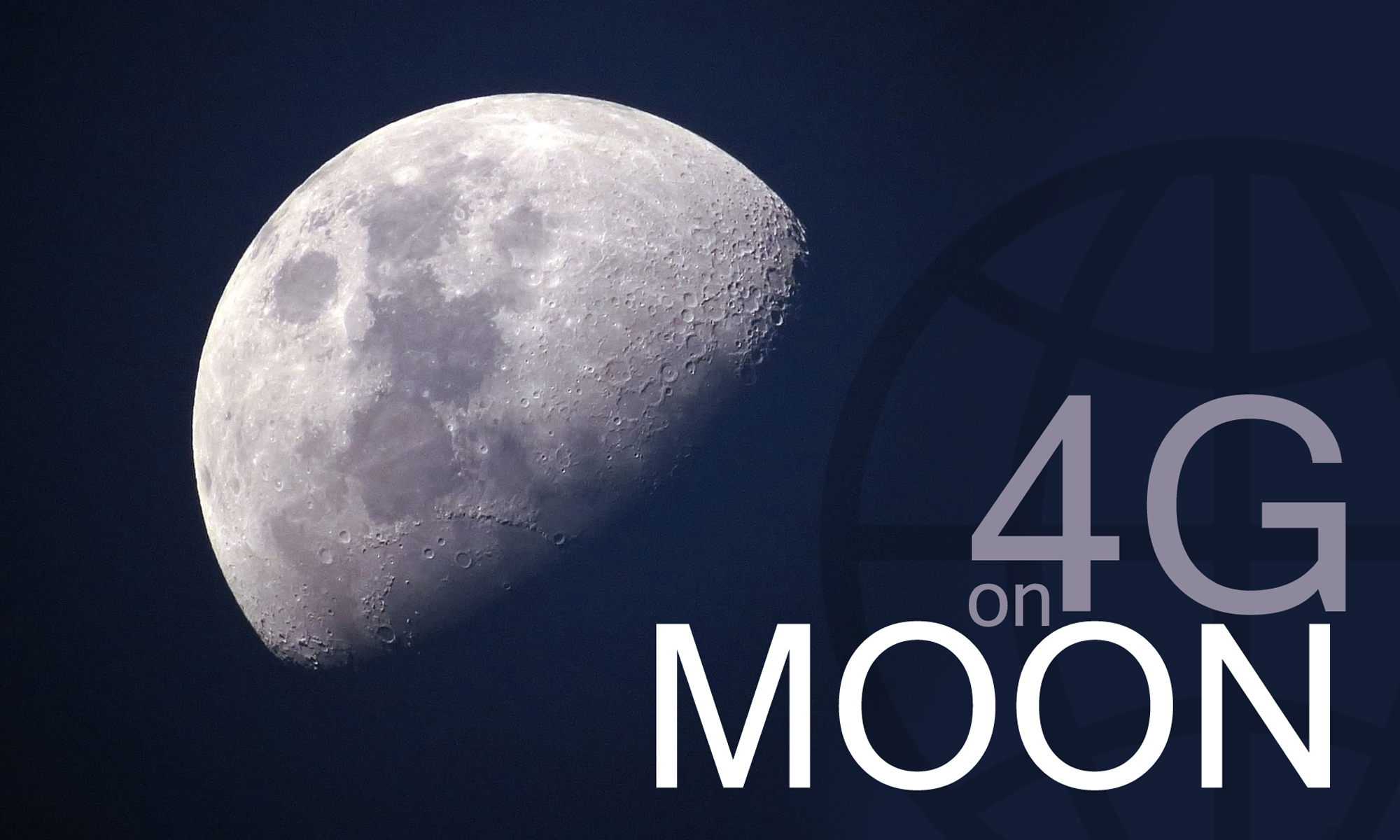
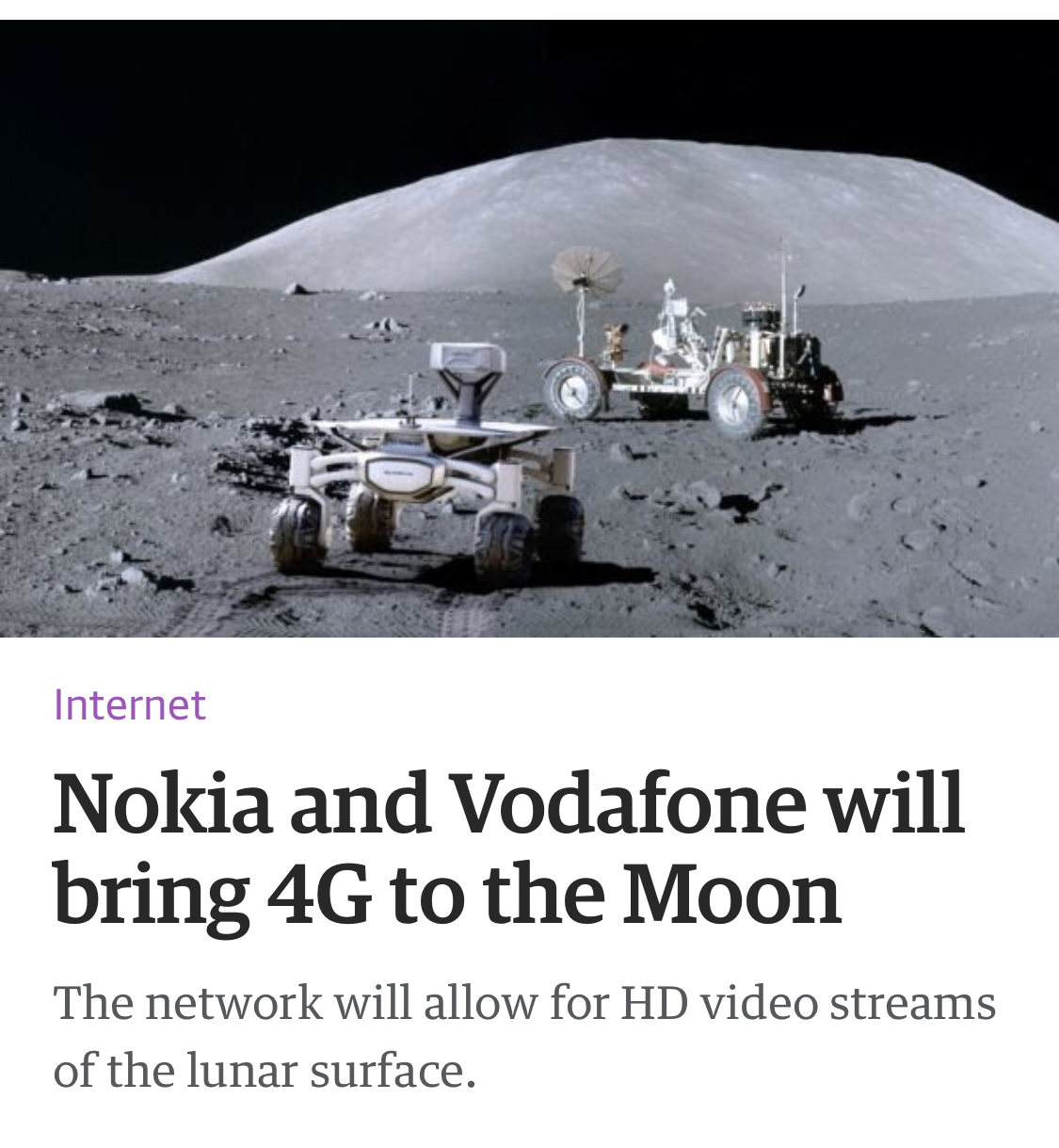
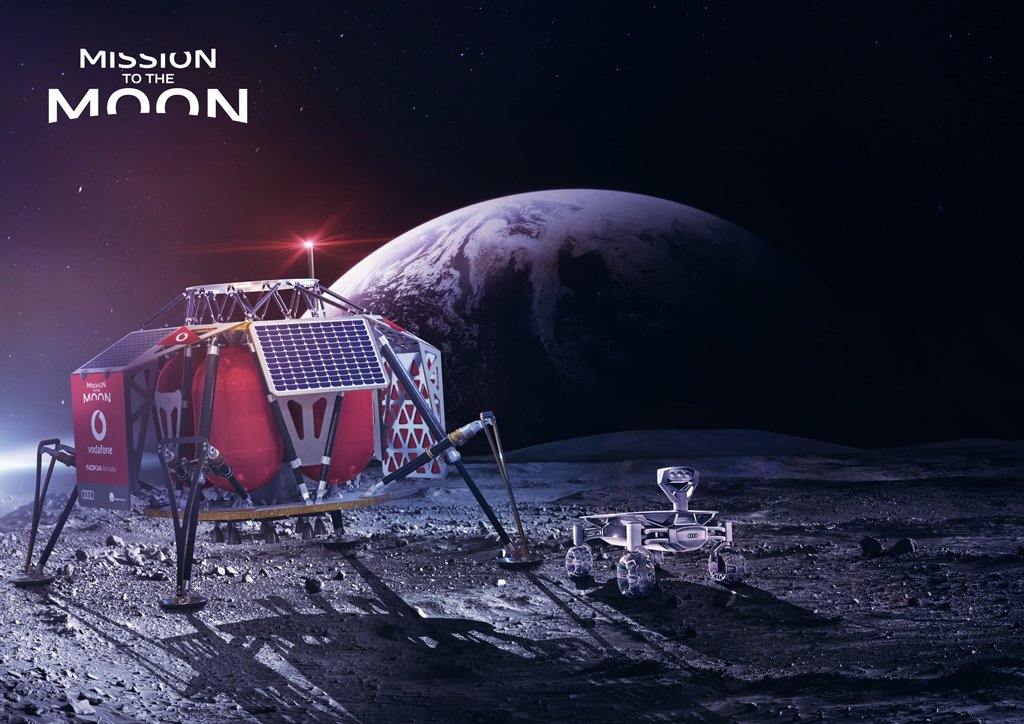
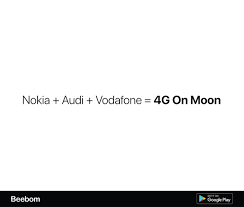
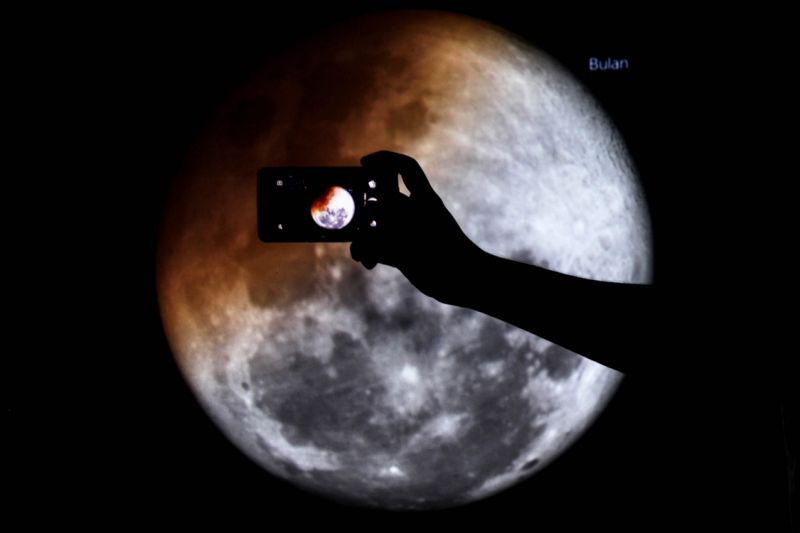
This year has kicked off to an amazing start on the technological and scientific advancement front. The Human species have explored unchartered territories and they are continuing to do so.
Recently, Space X and Elon Musk launched the Falcon Heavy and Tesla car into Space, which was considered as a major milestone in the astronomical field. Shortly after this feat, scientists have confirmed that Moon will have 4G Network by 2019. So, in future if there are human colonies on the Moon, people will be able to post on social media, straight from the moon. Isn?t it Amazing?

The Moon will be getting its own 4G Mobile Phone Network; the moon isn't going to be technologically isolated for much longer. Communications mega-company Vodafone has announced plans to install cell phone towers across the Moon.
German space firm PT Scientists, along with Nokia and Vodafone, are gearing up to launch a telecoms network on the moon in 2019.The move is being made specifically by Vodafone's German arm, and will be built in conjunction with Nokia, who'll be providing the actual hardware necessary to get phone signal to the largest natural satellite.

Vodafone said it had appointed Nokia as its technology partner to develop a space-grade network which would be a small piece of hardware weighing less than a bag of sugar.
According to Vodafone?s Chief Executive Hannes Ametsreiter:
"This project involves a radically innovative approach to the development of mobile network infrastructure.".
How will this come into play?
? Two Audi rovers and a base station for 4G mobile internet will be taken to the moon by SpaceX Falcon 9 rocket.The rovers would explore the landing site of NASA's Apollo 17 mission when humans last set foot on the moon in 1972, and send back images over the mobile network.
Last week Robert Bohme, the CEO of PT Scientists said that, "First of all, the bandwidth is really, really low, it takes really a lot of energy... you don't have enough energy,? The CEO explained that it would drain the battery of the rovers very quickly. "With LTE, you have a technology which transmits data over just a couple of watts of energy over multi megabits over very great distance," Bohme said.
? The rovers will be operational for about 11 Earth days. At night on the moon, temperatures fall to about minus 180 degrees Celsius.

The aim of setting up a mobile network is to have infrastructure in place for future missions. Musk has previously said there needs to be a base on the moon. The PT Scientists mission could help achieve that.
"If Elon Musk really wants to send humans to the moon... if he sends them to Apollo 17, these guys can probably check in on Facebook using the Vodafone network," Bohme said.
Will this mission be helpful?
At the moment there is this ongoing commercial space race, a lot of companies are making efforts to try and get up into space in order to mine resources, offer tourist packages, or provide better tools for exploring the universe.

All companies want to yield profit, if missions to the Moon can't be made cost effective, then nobody's going to want to use Vodafone's cell towers anyway.
A startup has already begun making plans to provide the Moon with cell tower reception in anticipation of a future commercial moon base, and it seems that Vodafone's plan is to try and get on this bandwagon as soon as possible. The expectation here is that once companies do start traveling regularly to the Moon, the communications infrastructure will be needed instantly, and Vodafone is hoping to have a leg up on the competition.

However, the decision to build a 4G network rather a state-of-the-art 5G network on Moon was taken because the next generation networks remain in the testing and trial stage
CONTINUE READING
Technology
Discovery
International
News
Sandeep Semwal
Content Writer
